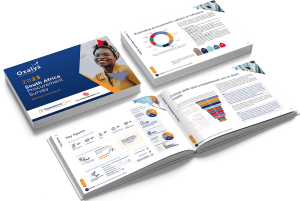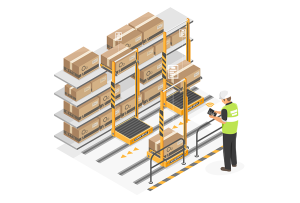
1. Cloud procurement is plug in and play
I remember a client who was extremely puzzled at the cost of implementing a cloud solution. The client wanted a virtual warehouse with a shopping experience for all end-users. Surely this was a matter of plugging it in, turning on catalogues and presto – an Amazon experience. While it is true that cloud procurement is far quicker to implement than a typical enterprise resource planning (ERP) system, you cannot get around the basics. You still need to ensure that accounting codes are aligned, master data is downloaded, suppliers are enabled, and approvers and approval chains are created. Catalogues are not freely available for your particular needs and thus have to be created with your item codes and pricing. These take time, energy and patience to negotiate, formulate and enable. Contracts also need to be uploaded and configured for call off. I could continue but I think the point has been made…no, cloud procurement is not plug in and play.
2. Integration from the cloud to my ERP is automated
Many clients assume that there is a switch that is turned on, automatically exchanging data between the two systems – a bit like scanning a document from your printer to your laptop. Unfortunately, feeding data between your ERP and the cloud is intricate. The biggest mistake clients make is trying to integrate directly to their ERP. While many ERPs have an integration module, they are often not mature enough to handle the complex transformation and rules that come with the cloud. Cloud solutions should always integrate via a middleware layer to your ERP. To talk to both the ERP and the cloud, data is transformed and exchanged. For seamless exchange integration, specialists need an understanding of the data required from your ERP and the cloud. Without an understanding of your end state, your ERP, the cloud and the middleware, the process of implementation will be longer and much more convoluted. So no, automation of data is not a switch that is turned on when a system is implemented.
3. Our suppliers cannot wait to join the cloud
In our experience, suppliers are reluctant to join the cloud. There is little incentive for them to do so. For them it means extra training for their staff, additional systems to manage and, with certain cloud solutions, additional costs levied by the cloud company. It is, therefore, important to incentivise suppliers. This can mean a promise of shorter payment cycles, additional orders or performance management benefits. We have only seen a high level of adoption with suppliers when these factors have been developed as part of the roll-out. So, believe it or not, your suppliers are not keen, are not ready and will resist the move unless the transition is planned and budgeted for.
4. We can only choose a cloud solution from the same technology stable as our ERP
The very nature of a cloud solution is that they are standalone and can be adapted to any ERP. There is no guarantee that just because the cloud solution belongs to the same stable as your ERP, it will simplify integration. Rather select a cloud solution on its merit – the one most suited to your requirements. After that, leave it to the experts to figure out the integration.
Leigh Weimer is a principal consultant at Supply Chain Partner. She focusses on digital business transformation in sourcing and procurement.
Anthony Vieira is a SME in data and systems integration across different eco-systems. He has architected, advised on and led integration teams in the full project lifecycle of best-of-breed integration processes around cloud-based source-to-pay projects.


























